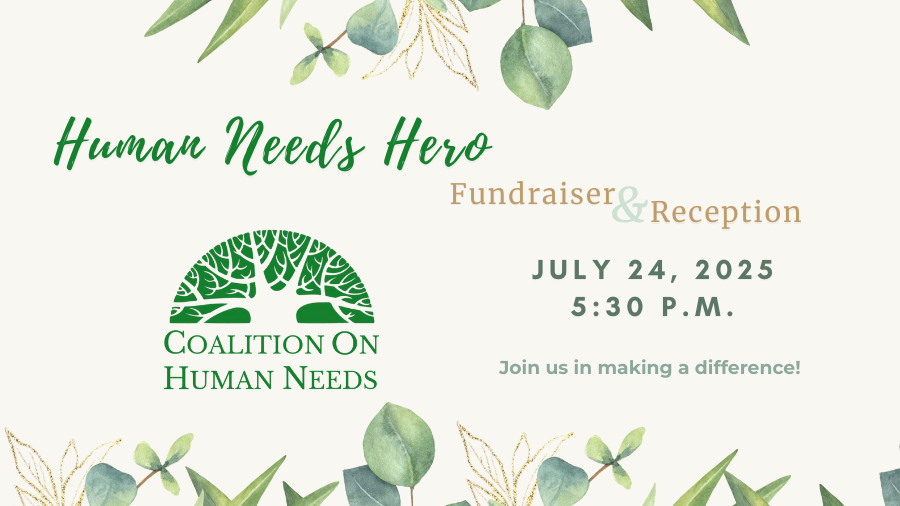
- This event has passed.
IPS Brown Bag: Activists & Poets Against Walls
March 18, 2019 @ 12:00 pm - 1:30 pm
In this multimedia brown bag session, independent DACA activist Allyson Duarte and Poets Against Walls co-founder Emmy Pérez will talk about recent activism in the Rio Grande Valley in support of borderland communities. They will share video footage of speech clips and poetry performances to introduce some of the intersectional work they are involved in. Poets Against Walls is a collective of poets with a DIY philosophy that aims to amplify and help document borderland poetry, testimonio, and the spoken word to help counter mainstream depictions of the borderlands. Allyson Duarte’s work and advocacy commitments emphasize the need to seek solutions beyond whatever policy measures can achieve through the limited scope of party politics, which is almost always defined by gridlock that is rooted in private interests.
Allyson Duarte is a DACA recipient and proud resident of the Rio Grande Valley of south Texas. She currently resides in DC and is pursuing graduate studies at American University. Her advocacy efforts revolve primarily around immigration in border communities, but she has also partaken in efforts related to education, LGBTQ+, and environmental issues. Allyson is emphatic about the need to supersede advocacy and organizing modes that find reliance on America’s two-party electoral system.
Emmy Pérez poetry collections include With the River on Our Face and Solstice. Her work also appears in anthologies such as Ghost Fishing: An Eco-Justice Poetry Anthology, Other Musics: New Latina Poetry, and What Saves Us: Poems of Empathy and Outrage in the Age of Trump. She is a past recipient of poetry fellowships from the National Endowment for the Arts, CantoMundo, and the New York Foundation for the Arts, as well as a member of the Macondo Writers’ Workshop for socially engaged writers. She grew up in Santa Ana, California, where she recently received LibroMobile’s inaugural Modesta Avila Award, and for the past 18 years has lived in the Texas borderlands. Currently, she is Professor of Creative Writing at the University of Texas Rio Grande Valley and serves as Associate Director for the Center for Mexican American Studies. She currently serves on the organizing committee for CantoMundo national literary organization and co-founded Poets Against Walls.
Co-Sponsored by Split This Rock and the Institute for Policy Studies, this event is presented as part of “What Is It, Then, Between Us?: Poetry & Democracy,” an annual programming initiative of the Poetry Coalition.

